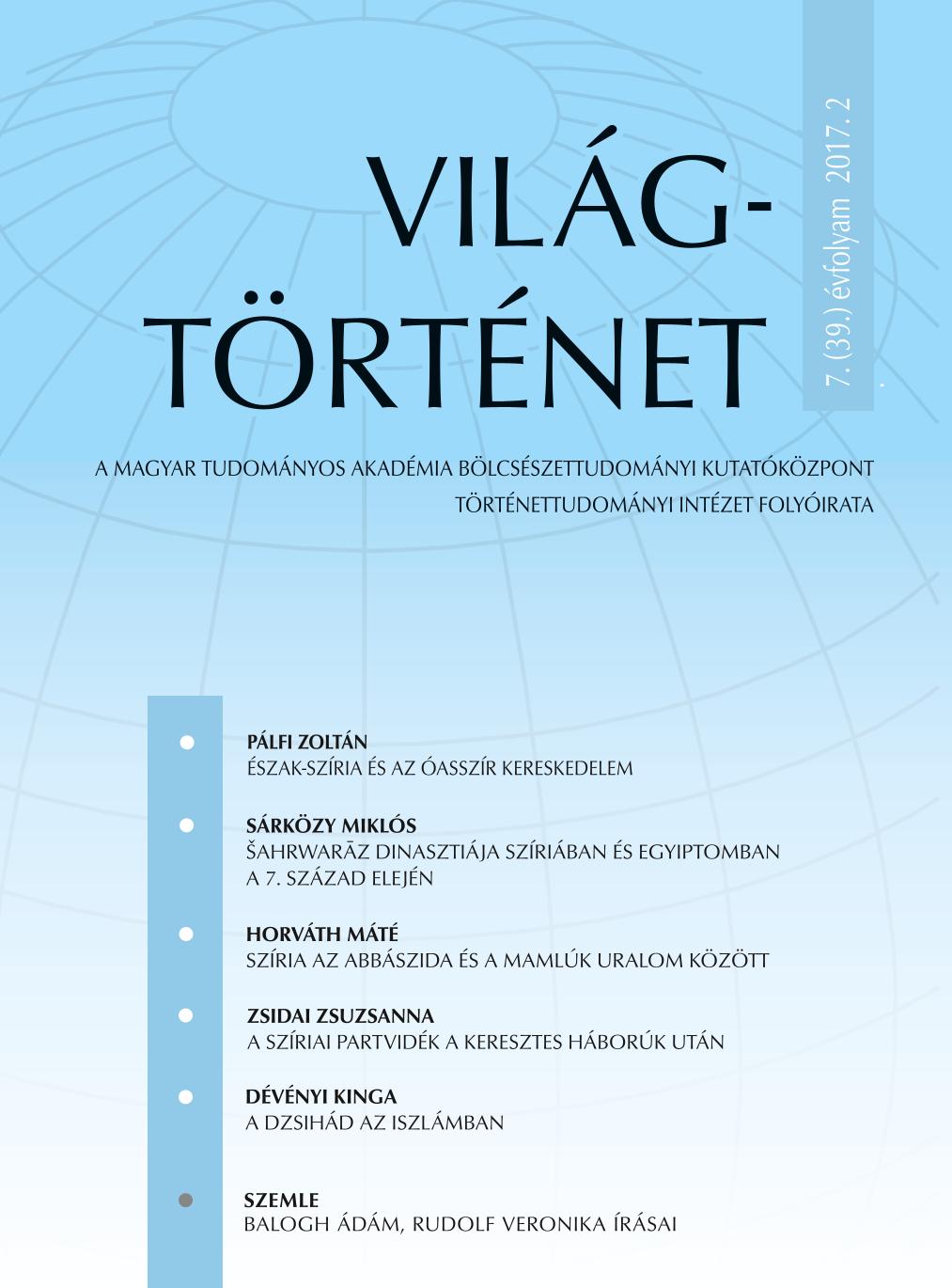A dzsihád az iszlámban. Egyéni vagy közösségi kötelezettség?
Jihad in Islam: An Obligation for the Individual or for the Community?
Author(s): Kinga DévényiSubject(s): Cultural history, History of ideas, History of Islam
Published by: Magyar Tudományos Akadémia Bölcsészettudományi Kutatóközpont Történettudományi Intézet
Summary/Abstract: Ideas of holy war appear among Muslims during the earliest manifestations of the new faith. This article tries to locate the origin of jihad and trace its evolution as an idea within the history of the Islamic traditions, referring to the way the concept of jihad has been misapplied by modern Islamic extremists. The word jihad has entered into common usage in the West in the last two decades. Politicians as well as religious figures use it to defi ne Islam. It has even entered our everyday vocabulary, associated (by most non-Muslims) with total warfare. Jihad has a long history and a complex set of meanings. Conventionally it is translated as “holy war”, but in Arabic, the word’s literal meaning is “striving” or “exerting oneself with regard to one’s religion”. This extended meaning is implied on the basis of the Qur’anic usage of the word. Many Muslim writers maintain that jihad is entirely peaceful and represents the exertion of spiritual warfare waged by the faithful against the lower, or evil, soul. To get a sense of the word’s true meaning, one must begin by looking at its usage in classical Muslim literature, primarily in Arabic as well as at its function in Muslim history and historiography. Among Muslims who acknowledge that jihad is associated with warfare, most would defi ne the term as warfare authorized by a legitimate representative of the Muslim community for the sake of an issue that is universally, or nearly universally, acknowledged to be of critical importance for the entire community against an admitted enemy of Islam. Declaring jihad, they argue, is solely the prerogative of a Muslim leader (such as a legitimate imam or a caliph). Jihad cannot legitimately be undertaken in the absence of a pronouncement by a recognized authority. Radical Muslims, however, have their own answer, namely that jihad is a religious duty which every Muslim is obliged to perform.
Journal: Világtörténet
- Issue Year: 2017
- Issue No: 2
- Page Range: 297-324
- Page Count: 28
- Language: Hungarian

